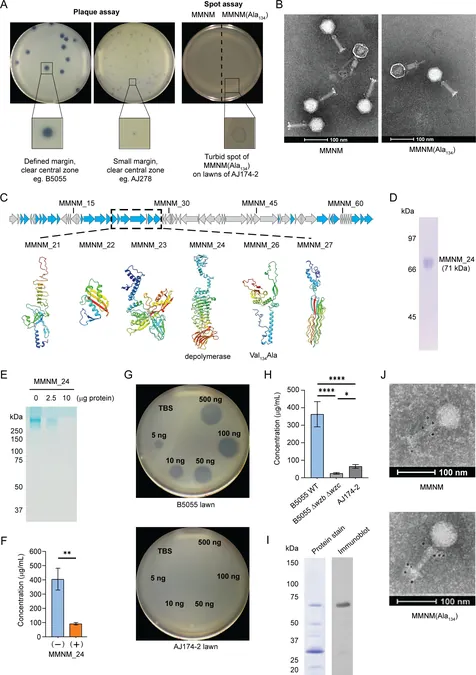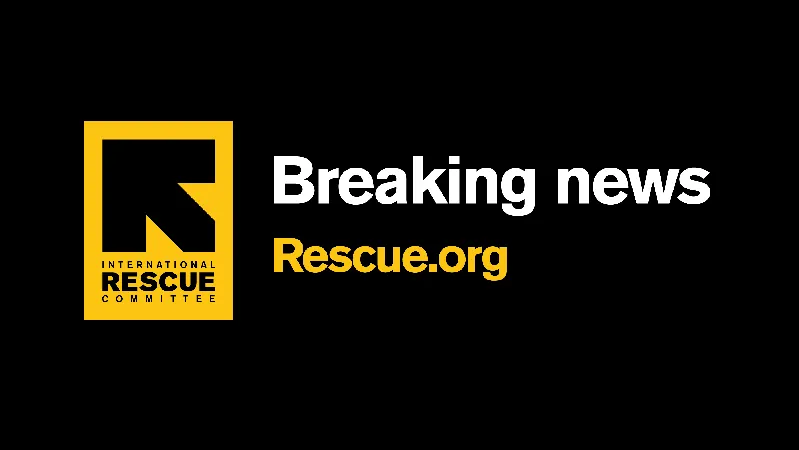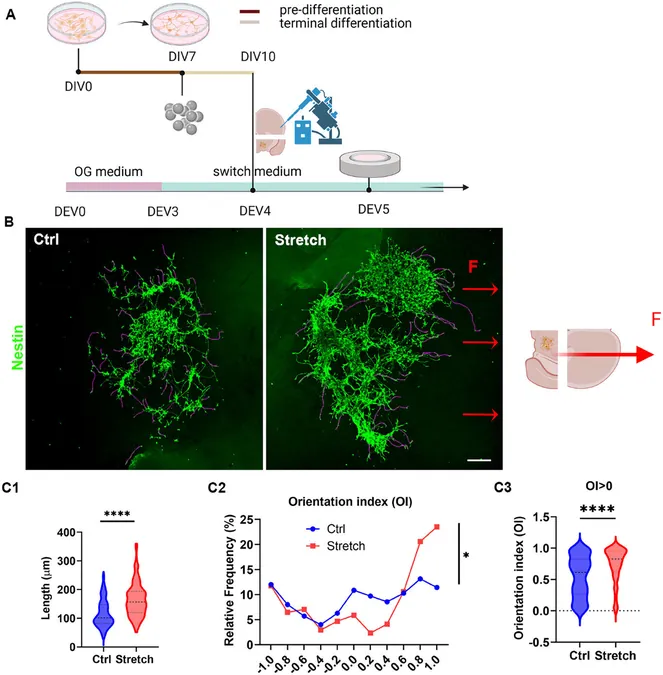
Groundbreaking Discovery of Superbug-Attacking Viruses in Melbourne's Merri Creek!
2024-11-05
Author: Wei
In a pioneering survey conducted in the Wurundjeri land of Melbourne, researchers have uncovered remarkable bacteriophages that exhibit the potential to combat the notorious superbug Klebsiella, a critical public health threat. This groundbreaking discovery is part of a collaborative endeavor between Traditional Owners and researchers from Monash University, a partnership that blends scientific innovation with Indigenous wisdom. The findings were published in the prestigious journal, mBio.
With projections indicating that superbugs could lead to as many as 10 million deaths globally each year by 2050, the discovery of these unique viruses shines a light on a previously overlooked resource: small waterways may harbor diverse viral populations with genetic variations capable of tackling the alarming rise in drug-resistant infections.
Under the guidance of Professor Trevor Lithgow from the Monash Biomedicine Discovery Institute, the research team worked closely with the Wurundjeri Woi Wurrung Cultural Heritage Aboriginal Corporation. Their efforts led to the identification of two distinct versions of a bacteriophage—commonly known as a virus that targets bacteria. Significantly, these bacteriophages were given the name Merri-merri-uth nyilam marra-natj (MMNM) by the Elders of the Wurundjeri, which translates to 'Dangerous Merri lurker.'
The research revealed that a mere single genetic variation between the two forms of MMNM dramatically influenced their bacteria-killing efficacy. Professor Lithgow remarked, 'This genetic change can be subject to further evolution in the lab, and every new phage we developed has the potential to effectively target Klebsiella. However, some variants show superior killing abilities.'
This vital finding inspires hope that unexplored natural phage populations could hold the key to new treatment strategies against antibiotic-resistant bacteria. Following discussions that incorporated Traditional Knowledge and ecological insights, the collaboration focused its investigation on the waters of Merri Creek, where they were fortunate to extract these innovative Klebsiella-destroying bacteriophages from just a small region, leading Professor Lithgow to speculate about more discoveries waiting to be revealed.
Adding urgency to this research, the European Centre for Disease Control and Prevention recently highlighted an alarming surge in hypervirulent Klebsiella pneumoniae cases, which are now resistant to carbapenems—the last antibiotics often used for severe bacterial infections.
The work of Traditional Owners and Monash University researchers not only paves the way for potential breakthroughs in combating drug-resistant bacteria but also underscores the importance of integrating Indigenous perspectives and ecological considerations into scientific research. Through sophisticated DNA sequencing and targeted lab-based killing assays, this partnership is at the forefront of developing new methods to eventually knockout evolving superbugs like Klebsiella.
Stay tuned as this team continues its vital research—who knew the solutions to our most daunting healthcare challenges might be lurking right under our feet? This could be a game changer in the race against superbugs!





 Brasil (PT)
Brasil (PT)
 Canada (EN)
Canada (EN)
 Chile (ES)
Chile (ES)
 Česko (CS)
Česko (CS)
 대한민국 (KO)
대한민국 (KO)
 España (ES)
España (ES)
 France (FR)
France (FR)
 Hong Kong (EN)
Hong Kong (EN)
 Italia (IT)
Italia (IT)
 日本 (JA)
日本 (JA)
 Magyarország (HU)
Magyarország (HU)
 Norge (NO)
Norge (NO)
 Polska (PL)
Polska (PL)
 Schweiz (DE)
Schweiz (DE)
 Singapore (EN)
Singapore (EN)
 Sverige (SV)
Sverige (SV)
 Suomi (FI)
Suomi (FI)
 Türkiye (TR)
Türkiye (TR)
 الإمارات العربية المتحدة (AR)
الإمارات العربية المتحدة (AR)